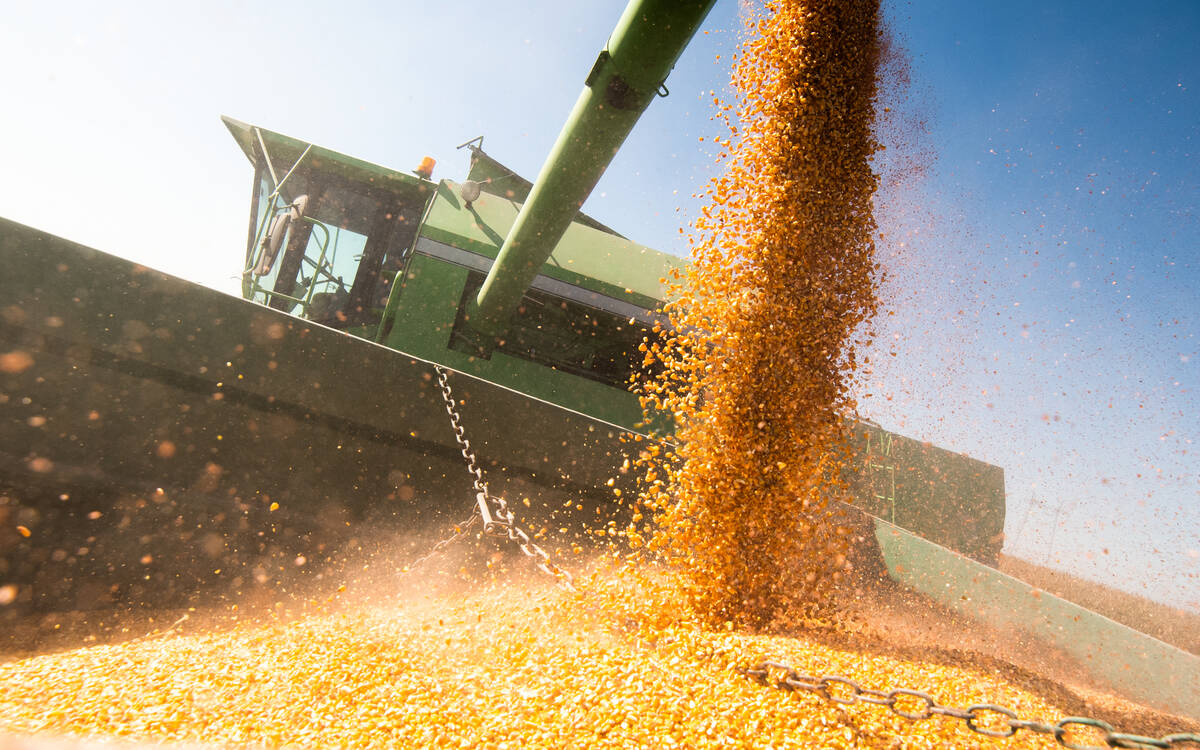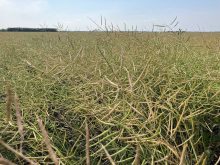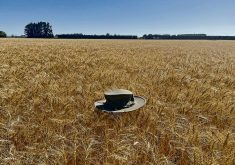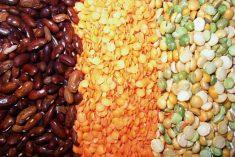Despite much of the world’s focus being on slumping stock markets and a global pandemic, there are several recent developments out of Ottawa related to agriculture:
Canada Grain Act
Canada’s Treasury Board has identified the Canada Grain Act as a piece of legislation in need of regulatory reform. This has been on the federal Liberal government’s agenda for some time, and was included in Agriculture Minister Marie-Claude Bibeau’s mandate letter. There was also a commitment to review the Act in the 2019 federal budget last March.
Read Also

Feed Grain Weekly: Corn affecting barley prices in Lethbridge
Corn imports entering Lethbridge have lowered prices for feed barley compared to those in Edmonton.
During a committee meeting at the end of February, officials from Agriculture and Agri-Food Canada (AAFC) said it’s difficult to say at this point what the reform will look like, or even if it will include legislative changes.
“We are in active discussions with stakeholders and with provinces and territories that have expressed an interest in the issue of what a reform of the Grain Act might look like,” said AAFC assistant deputy minister Tom Rosser.
While officials are moving forward on the review, they are not working under a definitive timeline for the process right now, he said.
Carbon taxes
An independent, Liberal-appointed senator has brought forward a bill that would exempt natural gas and propane on farms from the carbon tax. Diane Griffin’s Bill S-215 argues that farmers are unable to mitigate the costs of the carbon tax through direct action and measures they have to take, such as grain drying, should not be continue to be considered as “discretionary fuel use.”
It’s fairly rare for bills originating in the Senate to pass, and the Liberal minority government has thus far shown no appetite to offer such an exemption, but there is support outside parliamentary circles.
The bill is similar to one brought forward in the House of Commons by Conservative MP Philip Lawrence. Although that bill, C-206, may be debated, it likely won’t pass given the Conservatives’ position as official opposition.
Both are supported by a number of producer groups, including the Grain Growers of Canada.
“Given the clear desire for this legislative change in both chambers and across party lines, our hope is that the federal government would include broader exemptions for all fuels used in farming operations in the Budget Implementation Act – once tabled,” said chair Jeff Nielsen in a release. “This is not about politics. This is about the sustainability of the family farm in Canada.”
Meanwhile, federal officials told a committee of MPs that an AAFC internal analysis suggests costs of grain drying are “a fairly small share of overall costs.”
While the analysis has not been made available to the public, officials say grain drying costs typically represent only one to two per cent of total costs for producers. Provinces and provincial producer groups have put forward numbers suggesting carbon taxes – including when added to grain drying – account for a significantly higher amount of overall costs, but AAFC officials suggest those figures factored in indirect costs, resulting in a higher estimate.
Horticultural Council holds AGM
The Canadian Horticultural Council held its annual general meeting Tuesday to Thursday in Ottawa. Among issues the hort sector faces are concerns over trade issues, access to crop protection materials and labour for the upcoming season.
President Brian Gilroy added to the chorus of groups raising concern over business risk management (BRM) programs as well.
“A lot of fruit and vegetable farmers are diversified to some degree, and the more you diversify, the less likely you are to draw from AgriStability,” he said. “It’s very frustrating for fruit and vegetable farmers who can have disastrous years and still not be able to draw from the program.”
Changes to the suite of BRM programs, including AgriStability, are expected to come in July.
New report questions export goals
Canada’s Advisory Council for Economic Growth (ACEG) set an ambitious target that would see agriculture and agri-food exports reach $75 billion by 2027. The federal government goal is to reach $75 billion by 2025.
Last year, Canada’s agriculture, food and seafood exports reached $67 billion.
A new report from the Canadian Agri-Food Policy Institute checks in on the progress of those targets. While there has been some clear improvement, it calls into question Canada’s ability to reach its targets. It argues there is a need for more investment in food and beverage processing in order for Canada to withstand turbulent trade disruptions and reach its trade goals.
The industry bringing itself from a $1.1 billion trade deficit in 2015 to a $2.7 billion surplus in 2017 is impressive, but global trade issues coupled with stark events such as the COVID-19 outbreak could still threaten progress.
The report calls for government to enhance regulatory mechanisms, offer better tax incentives, reduce labour shortages and improve transportation systems to help reach the $75 billion target.
— D.C. Fraser reports for Glacier FarmMedia from Ottawa.















